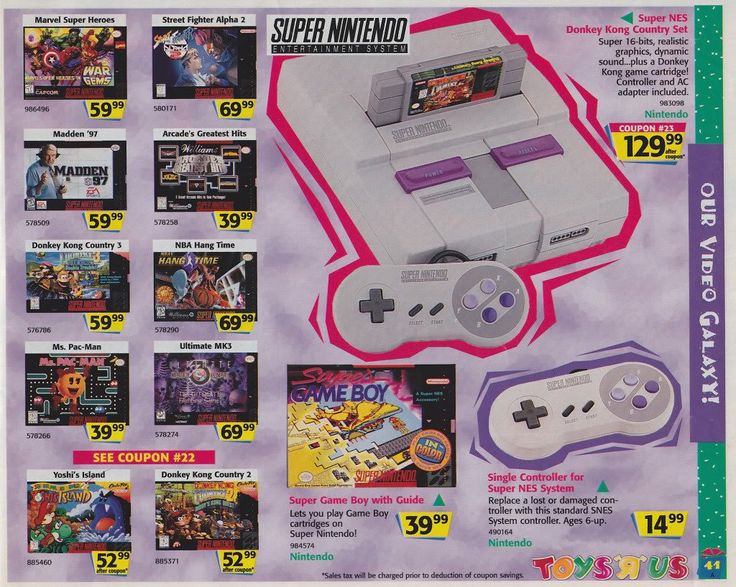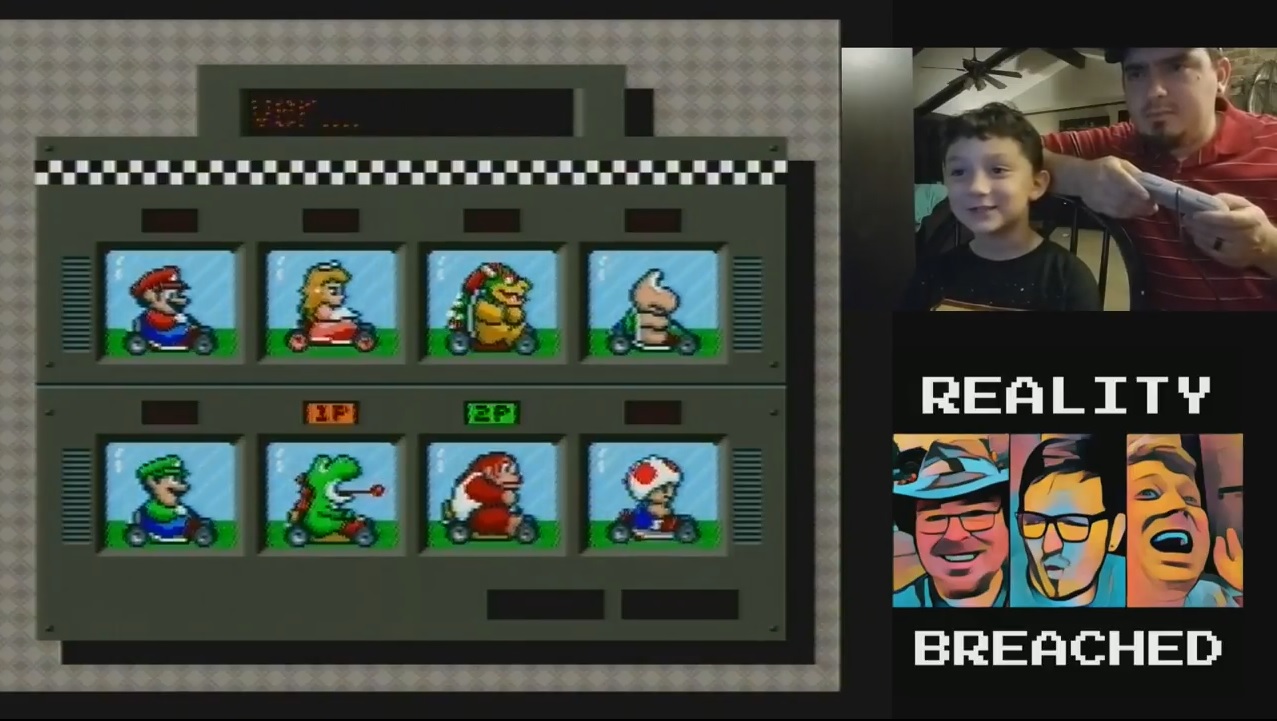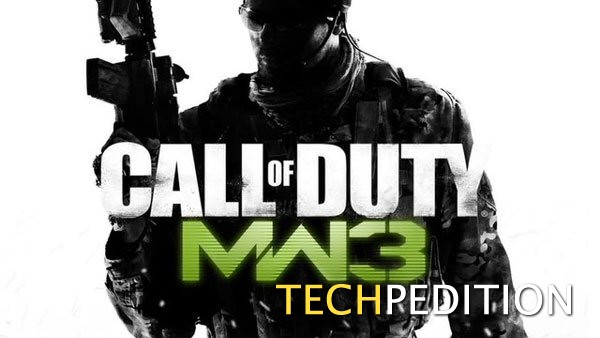So You Think Games Cost Too Much?
Game price tags these days can vary anywhere from Free, on Smartphones, to $249 for the fully loaded instrument set of Rock Band 4, but the general consensus is that a full price console physical copy of a game is no more than $60 retail. Sure, there are your exceptions, but for the most part nothing is more than $60 and most games don’t stay $60 for more than about 6 months. It’s easy to complain that DLC and Online Play fees add to the cost of your favorite games and even micro transactions can bleed you of even more cash. Is this really that big of a deal though?
While game developers don’t typically announce dev costs, estimates put modern day triple A games anywhere between $27 million and $140 million. That’s a huge chunk of change. Also, this typically doesn’t include the marketing budget, which can quickly pile millions more on that cost. Take a game like Watch Dogs that reportedly cost $68 million to develop. To break even on dev costs alone, Ubisoft would have to sell 1.13 million units at full price to even dream of breaking even. That doesn’t count the cut the console makers and retail outlets take on each purchase. The fact that games have stayed $60 is really the most surprising part of this whole equation.
Let’s flashback to 1995 and take a look at the new game prices you could expect from your local game store. Here’s a Toys R Us ad from that year.
 We can see multiple games priced at $69.99. That’s 70 dollars, you guys! And that’s in 1995 money. That $69.99, in 2015 money is equal to…wait for it…$109.23! Imagine going to your local Gamestop and having to drop $110 dollars for your vanilla version of Fallout 4. This might be an edge case, as used games and discounts throw this formula for a loop, but MSRP, is a great control variable. Games have essentially gone down in price in the past 20 years while game development prices have sky-rocketed.
We can see multiple games priced at $69.99. That’s 70 dollars, you guys! And that’s in 1995 money. That $69.99, in 2015 money is equal to…wait for it…$109.23! Imagine going to your local Gamestop and having to drop $110 dollars for your vanilla version of Fallout 4. This might be an edge case, as used games and discounts throw this formula for a loop, but MSRP, is a great control variable. Games have essentially gone down in price in the past 20 years while game development prices have sky-rocketed.
Looking at those numbers makes Microsoft’s initial plan to eliminate used games make sense. Its all about the profitability of the games and that metric is driving way more than stock prices, its driving the entire industry.
- Why are there so many grey/brown colored multi-player shooters on the market? They sell to the largest percentage of the gaming audience.
- Why is there a Just Dance game every year? They are cheap to make, and sell like gang-busters. High return on investment.
- Why isn’t (insert publisher) making a sequel to the cult classic (insert title)? It’s too risky. By definition, cult classic means “Hey Bro, it didn’t sell well.”
- I’m tired of remakes, why is God of War coming out yet again? Its basically free money. It always costs less to re-release a game with assets that have already been generated, than a game that has brand new stuff.
- (Insert Game) was released in Japan why don’t they release it here? Localizing costs money, and Japan niche games don’t sell well.
- That not fair, why is (insert game) cheaper on PC? PC games have a more free range dev process and there’s no console masters to have to pay for release, which means development costs are lower.
- Why are there no games for my WiiU? WiiU games don’t sell…next.
- Do we really need a new (insert game) every year?We don’t, but (insert publisher) does. Often times the secure big titles like Assassin’s Creed or Call of Duty foot the bill for smaller risky ventures and they literally keep some of the publishers afloat.
- Why doesn’t Konami make games anymore? Outside of Metal Gear, none of their franchises sell well enough to justify making anything other than Pachinko machines.
- Why aren’t all games backwards compatible? Why spend money making something free when you can spend money to sell stuff to people again? If there’s a possibility of future profit from a title, backward compatibility is unlikely.
- Is there any decision these publishers make that is not directly influenced by potential profit margins? Ha, of course not!
The most important thing to remember when buying and complaining about games is that all publishers are businesses and thanks to our modern capitalist society their allegiance isn’t to the consumer its to the share-holders, most of which, probably aren’t avid gamers. Keeping gamers happy is only a means to get more money out of them. If keeping you happy doesn’t make them money, they will find someone else to take money from.
So, next time you complain about a game’s price, pay structure, DLC cost or value proposition, know that your cries for reform will not be heard until the wallets of those in-charge are affected. The easiest thing you can do is simply stop giving money to them. You’ll save yourself the headache of feeling ripped off and you’ll send the ultimate silent statement.
The only real respite we have in this industry that can be seen as games being made for the real love of games themselves is the currently flourishing indie scene. There you’ll find games of all prices and qualities. From pretentious art-stories that happen to be games as well, to simple proof of concept mechanic based story-less adventures. The indie scene is something that must be experienced as is put the rest of the industry into the right perspective.
Sure, I’m aware that this post completely changed topics about half way through, but money is a sensitive subject for most and nothing bad can come from a high level understanding of the ins and outs of video gaems. Except maybe a cynical hate spawning doom-machine of a brain, but hey, that’s progress right?




